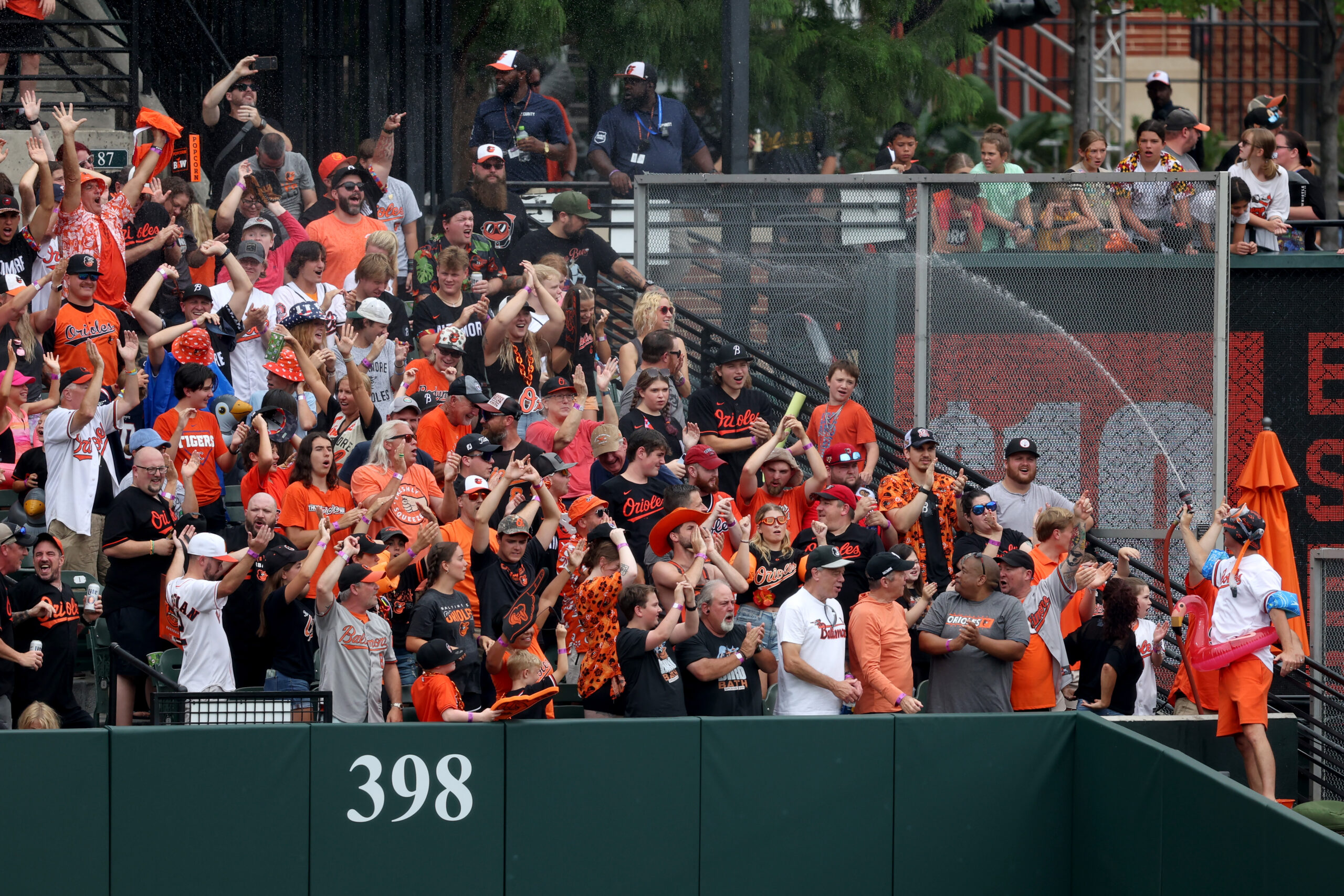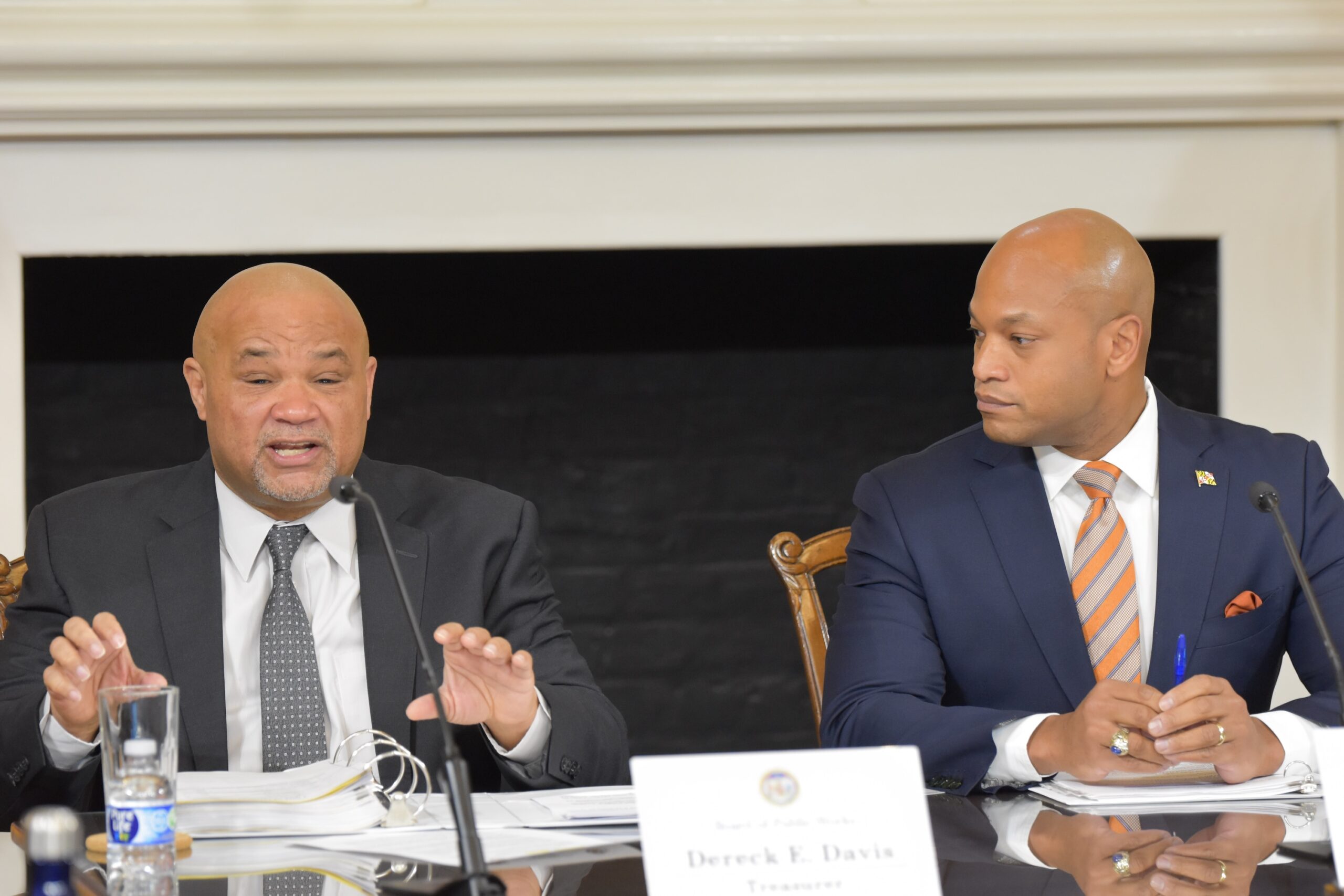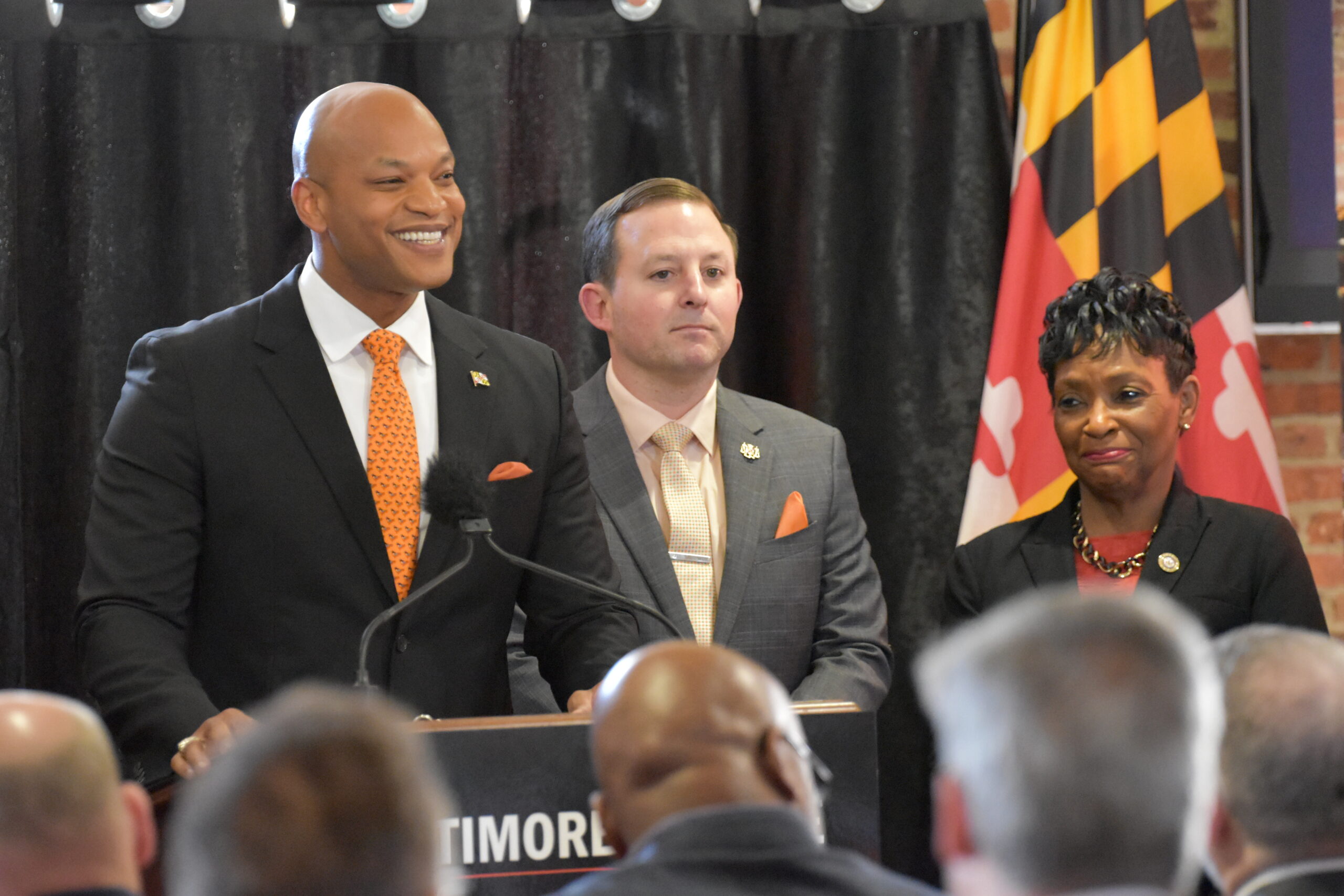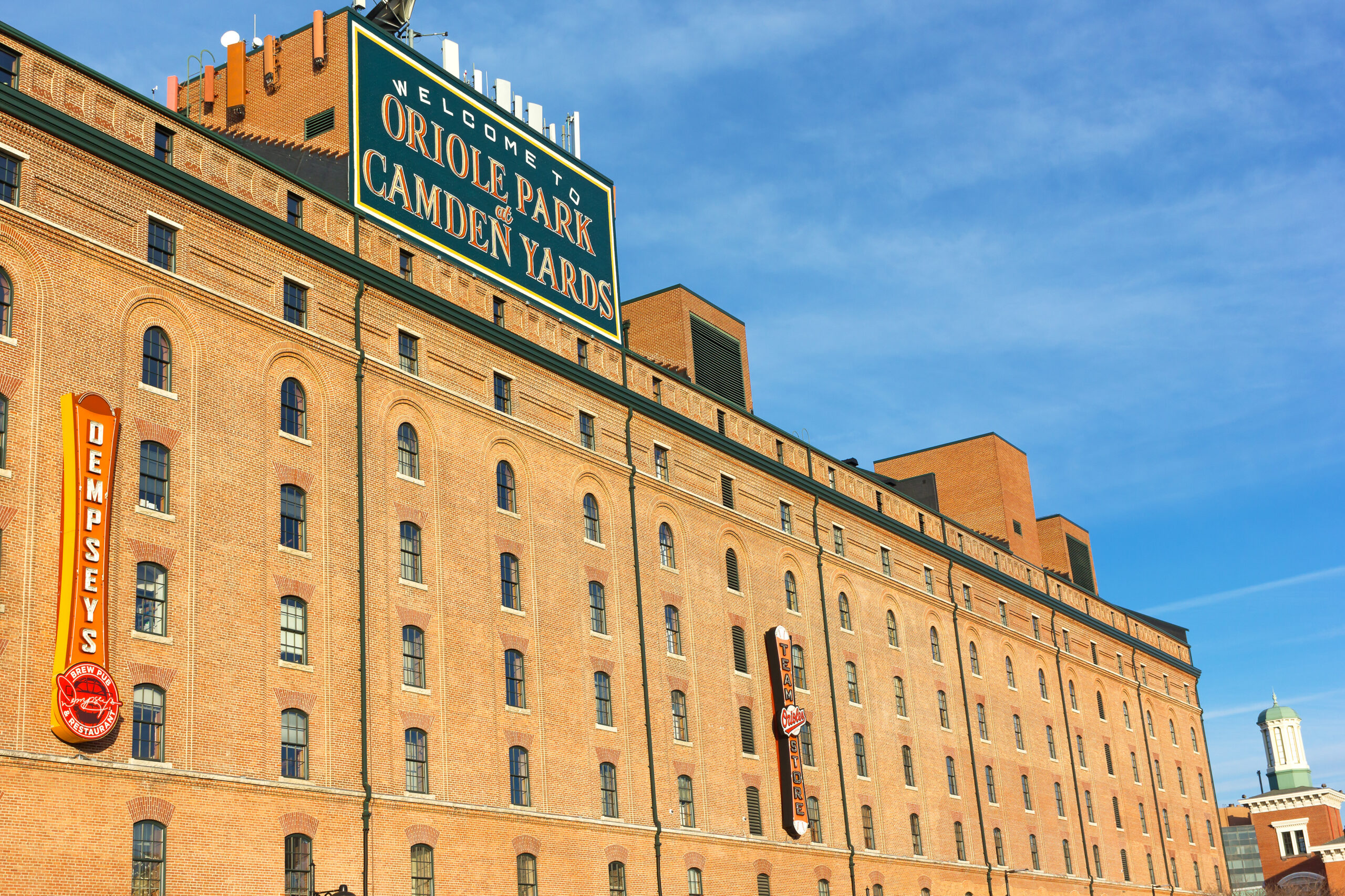Opinion: It’s time for the state of Maryland to seriously consider public ownership of the Orioles

By Andy Ellis
The writer is a steering committee member for the Baltimore City Green Party, former co-chair of the Maryland Green Party and an Orioles fan.
This season of Orioles baseball has been magical. Years of painful rebuilding are paying off, the team is winning, the fans are coming to games, and a whole new generation of fans are tuning in to follow our young and energetic team. Whether you judge by the Goucher Poll or the hats and jerseys seen across the state, the O’s are Maryland’s team.
Despite the magic, there’s a growing unease about the future of the Orioles. The lease the team has with the Maryland Stadium Authority runs out at the end of this year and despite promises to the contrary no new deal has been signed. The General Assembly and Governor Hogan signed off on $600 million dollars in taxpayer money to improve the stadium and encourage Orioles owner John Angelos to sign a long term lease; the Ravens, who were offered the same deal, have already signed their extension.
Orioles owner John Angelos has stalled negotiations, made false promises about financial transparency, and demanded more money and property. He has held out, expecting the state to enter into a public-private partnership that would help him develop a whole new sports entertainment complex. Like most so-called “public-private partnerships,” the one Angelos wants would privatize his family’s profits and socialize the risks.
While Angelos has routinely assured Orioles fans and lawmakers that he does not intend to move the team, rumors abound. For a city and state with memories of the Colts leaving 40 years ago, these promises are not as reassuring as Angelos hopes they will be. Major League Baseball’s commissioner has indicated that he does not support a move. However, the collection of other billionaire owners who make that decision could change their minds and support a move at any point in the next few years.
The Orioles leaving Baltimore would be devastating for many Marylanders. It would squander hundreds of millions of taxpayer dollars invested in the team, its minor league system, and their publicly financed stadiums across the state. Even if the team stays — if the price is a nearly billion dollar public-private partnership every decade, a TV deal that prevents many fans from seeing games, and opaque financing — Marylanders lose under the private ownership scheme.
It is time for the state of Maryland to seriously consider public ownership of the Orioles. Such an investigation should include the minor league teams in the state that play in publicly financed stadiums. Under public ownership, instead of owners extracting bigger concessions and the fear of losing teams hanging over every lease negotiation, we can democratically manage our community resources and ensure that local economies benefit from 60-80 home games per year.
Public ownership would also be better for players and fans. Baseball has opaque finances that private owners use to justify frustrating contract decisions. Public ownership brings transparency and accountability to these decisions.
Major League Baseball is likely to object to public ownership, but the state of Maryland is well poised to negotiate. Maryland is one of the wealthiest states in the nation, has a demonstrated commitment to public funding of stadiums, and has some of the largest media markets in North America. Maryland could show other states and cities currently held hostage by private team owners how to more effectively invest taxpayer money in America’s pastime. Cities and states need every tool available to them when negotiating with teams, and public ownership should be an option.
Baseball is profitable and popular, and public and community ownership of sports teams has some very good precedent. The Green Bay Packers in the National Football League are owned by the residents and supporters of the team, multiple minor league baseball teams around the nation have entered into public ownership agreements, and around the world this arrangement is common.
What the specific public ownership policy looks like can be worked out between the governor, the General Assembly, the Maryland Stadium Authority, and the Board of Public Works. The imperative is that those baseball teams playing in publicly financed stadiums belong to the people of Maryland and not to the wealthy private owners willing to pick up and move if they don’t get the taxpayer money they demand.
There are many possible alternatives to the broken private ownership model that is on display in the Orioles negotiations with the Maryland Stadium Authority. Public and community ownership gives governments bargaining power and stops the extortion of fans and taxpayers. When that happens we can all own some of the magic that baseball can bring.




 Creative Commons Attribution
Creative Commons Attribution